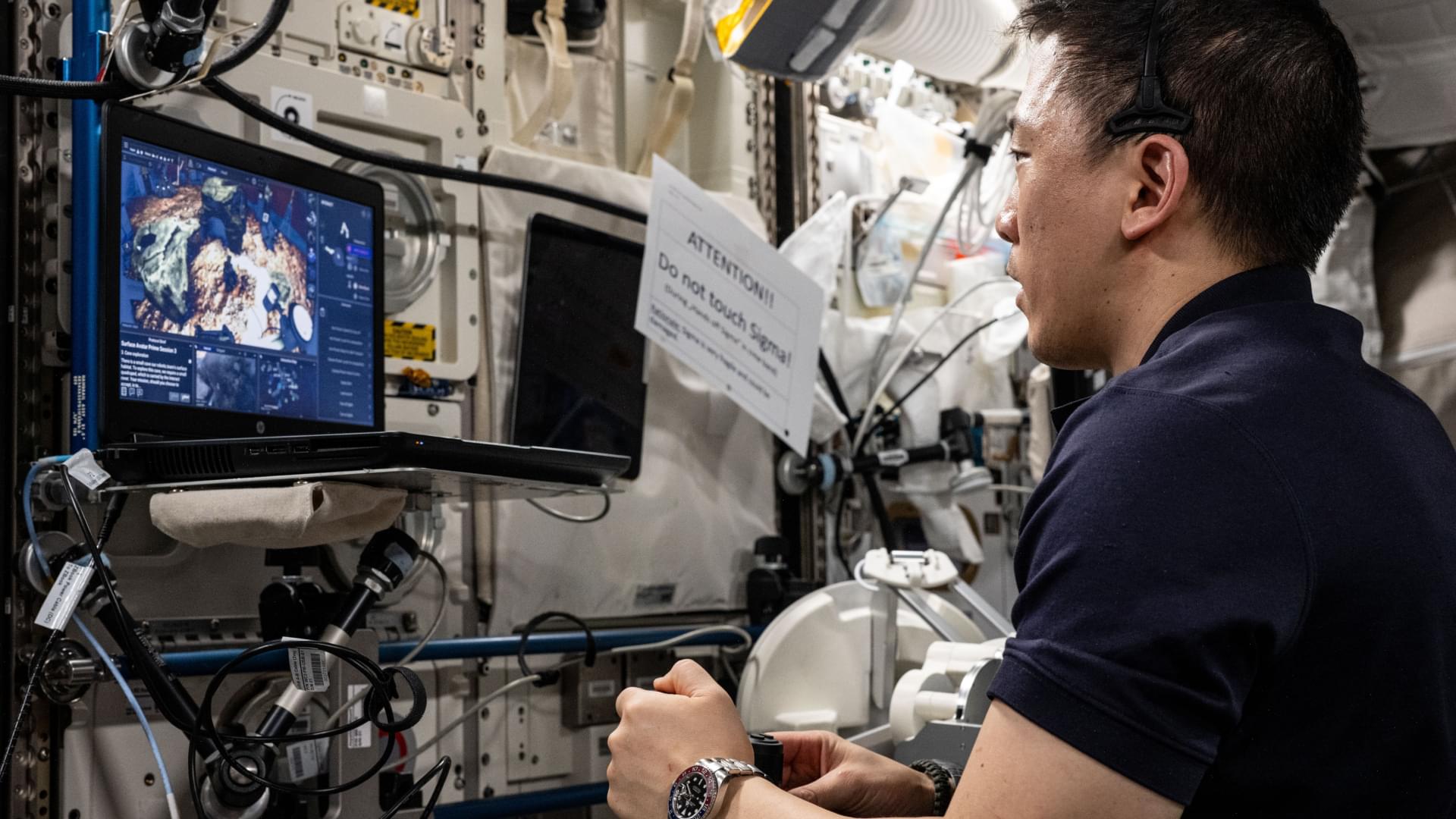Tesla megablock revolution | fast power, grid stability & AI ready solutions.
## Tesla’s Megablock is a revolutionary energy storage solution that enables fast power, grid stability, and scalability to support widespread renewable energy adoption, AI data centers, and energy independence.
## Questions to inspire discussion.
🚀 Q: How quickly can Tesla’s Megablock be deployed? A: Tesla’s Megablock can deliver 1 GWh of power in just 20 days, capable of powering 40,000 homes in less than a month.
⚡ Q: What makes the Megablock’s deployment so efficient? A: The Megablock’s modular, plug-and-play design allows for rapid scalability and deployment, with integrated transformers and switchgear reducing complexity.
Grid Stability and Performance.







